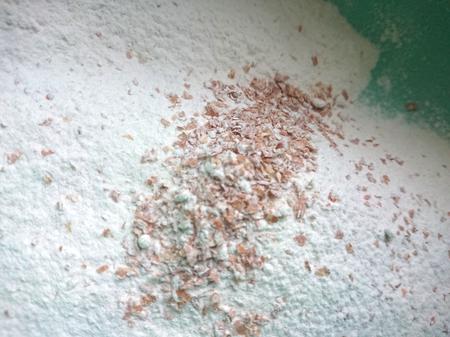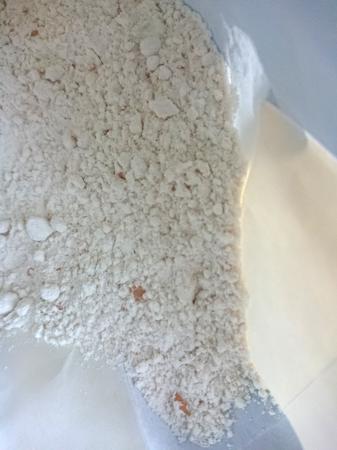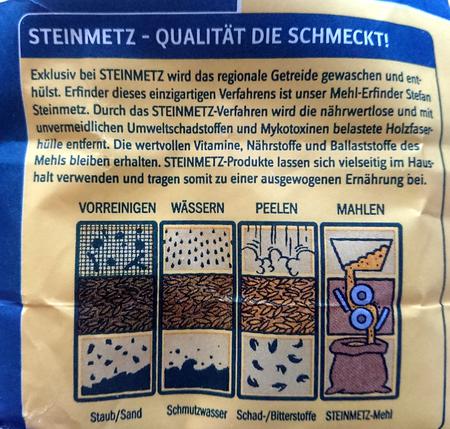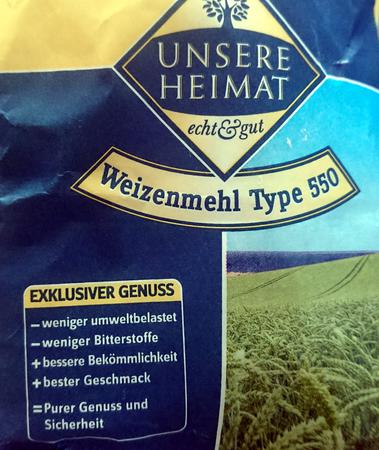Table of contents
Frühling im Garten
Finlay 2021
new version of subst
subst is a helpfull tool I use almost every day. You can rename files with it or substitute file contents using perl regular expressions.
Today I published a new version (1.1.4) which goes one step further and allows to rename directories as well. And it is possible to do this recursively. Really nice.
As an comprehensive example, today I issued this command to rename all files and directories in a mp3 folder I received by a friend. These files and directories had all sorts of nonsense characters in them (which is everything I don’t need in a commandline environment):
subst -R -m 's/\W/-/g' -m 's/_/-/g' -m 's/-+/-/g' -m 's/-mp3/.mp3/' -m 's/([A-Z])/lc($1)/ge' -m 's/-$//' mp3dirOk, looks weird, let’s dive into it:
-
-R recurse into
mp3dir -
-m 's/\W/-/g'Replace all non-word characters with a dash. -
-m 's/_/-/g'Replace all underscores with dashes. -
-m 's/-+/-/g'Replace all excess dashes with one (like---to-) -
-m 's/-mp3/.mp3/'Turn the suffix into a suffix again, since\W(see above) also captures the dot. -
-m 's/([A-Z])/lc($1)/ge'Lowercase all upper case letters (easier to type). -
-m 's/-$//'Finally remove trailing dashes, which occur from time to time (e.g. if a filename ends with.).
Find the latest version here. Copy to your disk,
rename to subst and use it. Documentation is included.
Leb wohl, Schotty!
Wieder einmal wird eine gute Serie beendet, diesesmal der Tatortreiniger mit Bjarne Mädel. Ich leide immer noch unter dem "Mord mit Aussicht"-Ende. Mann Mann Mann :(
Also dann, Schotty, fare well und sag Deinem Filzgleiterberater einen schönen Gruss!
Steinmetzmehl - Qualität die ankotzt
Es gilt als das beste Mehl der Welt. Jetzt gibt es die Produkte von Steinmetz unter der Marke „Unsere Heimat – echt & gut“. Ein einzigartiges Verarbeitungsverfahren macht aus regionalem Getreide ein echtes Premium-Mehl.
schreibt Edeka auf seiner Webseite.
Ich hatte dieses Mehl schonmal da und es nicht weiter verwendet. An den Grund konnte ich mich nicht mehr erinnern. Nun hat es meine Frau wieder gekauft (ich hatte 550 auf den Zettel geschrieben). Heute - am Sonntag - wollte ich mein Livieto Madre füttern und plötzlich fiel mir wieder auf, weswegen ich dieses Mehl nicht mehr haben wollte:
Es enthält Spelzen!
Nun habe ich ja gelernt, dass der deutsche Standard 550 ein Mahlgrad ist. Mahlgrad in Form von "Alle Körner haben ungefähr die gleiche Grösse". Das hat der Müllerei Steinmetz in 120 Jahren wohl noch nie jemand gesagt. Auf jeden Fall scheint die "Erfindung" des Herrn Steinmetz nichts zu taugen, wenn da nach dem Sieben noch Spelzen im Mehl sind.
Streng genommen wäre das ja sogar Betrug. Denn wenn Vollkornmehl in der Tüte ist, muss man es auch draufschreiben. Tat man bei Edeka/Steinmetz aber nicht. Tja. Faulheit? Unwissenheit? Inkompetenz? Oder einfach nur ein paar Dilettanten bei der Arbeit? Man weiss es nicht.
Vielleicht finde ich ja mal die Muße im Edeka den Marktleiter darauf anzusprechen, viel bringen wird das aber wohl nichts.
2018-10-28 - Ich hab mal eine kleine Handvoll ausgesiebt:
2018-10-28 - da sind sie, die Spelzen, gar nicht mal so wenige:





